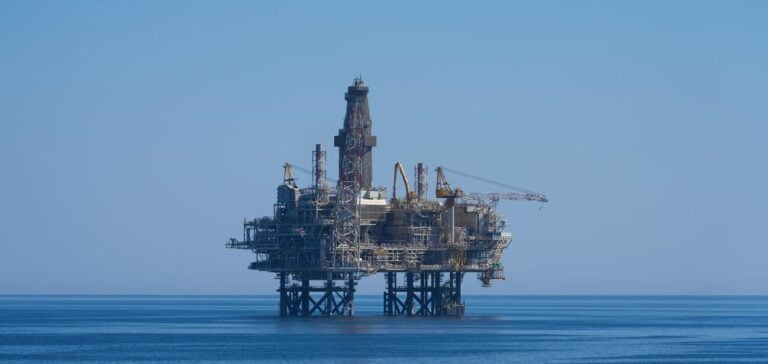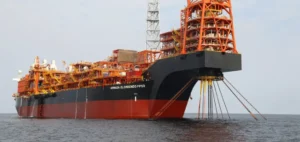Hungarian company MOL uses its know-how to maximize oil production from mature fields in Azerbaijan.
In 2019, MOL acquires a 9.57% stake in the Azeri-Chirag-Gunashli (ACG) oil complex via the purchase of Chevron shares, applying its expertise in subsurface modeling and reservoir management.
Partnership and stability
MOL’s partnership with State Oil Company of Azerbaijan Republic (Socar) and BP confirms the purchase, offering stability via the production sharing agreement valid until 2049. The contract provides MOL with shipments of Azeri Light crude oil, crucial for the production of jet fuel and diesel.
Zsombor Marton, vice president of MOL’s upstream sector, tells Baku Energy Week: “Azerbaijan is a very stable place with excellent business relations.” The ACG complex produced 339,000 barrels per day in the first quarter of 2024, down 12% year-on-year.
However, this decline should stabilize thanks to the launch of the Azeri Central East (ACE) facility in April, a $6 billion initiative.
Regional outlook
MOL is also exploring other opportunities in the Caspian region.
In June, MVM, a Hungarian state-owned company, acquired a 5% stake in the Shah Deniz gas field, an important source for Europe.
MOL’s reservoir management and subsurface knowledge are key assets, particularly appreciated by non-operator partners in the ACG complex.
Marton emphasizes: “Our efficiency and long-term plans for production programs are essential to stabilize production.”
Challenges in Iraqi Kurdistan
In Iraqi Kurdistan, MOL faces major challenges with the Shaikan oil field, in partnership with Gulf Keystone Petroleum.
The blockage of the export pipeline to the Turkish coast since March 2023 makes exports by truck suboptimal.
Marton describes this situation as “constructively under discussion”, aimed at maintaining the economic balance of production sharing contracts, separate from Iraqi central government agreements.
Exploration and Development
In Europe, MOL continues to produce oil from mature fields in Hungary and Croatia at very competitive unit costs.
New discoveries, such as the Tura field in Hungary in partnership with O&GD, and the formation of joint ventures, such as the one with Vermilion Energy in Croatia, demonstrate MOL’s commitment to production optimization and local exploration.
In Pakistan, MOL operates the TAL oil and gas block, exploiting smaller volumes with advanced technologies and simplified well designs.
In Kazakhstan, MOL started production from the Rozhkovskoye gas condensate field in December 2023, in partnership with KazMunaiGaz and FIOC, aiming to produce 1.7 million m³/d of gas.
Low-carbon ambitions
MOL is also exploring low-carbon projects, including geothermal power generation in Hungary and Croatia.
A promising research project focuses on extracting lithium from highly depleted oil and gas fields, potentially valuable for the battery industry.
The future therefore looks rich in opportunities for MOL, thanks to its proven expertise and ongoing innovations, which position the company as a key player in the Caspian region and beyond.





















